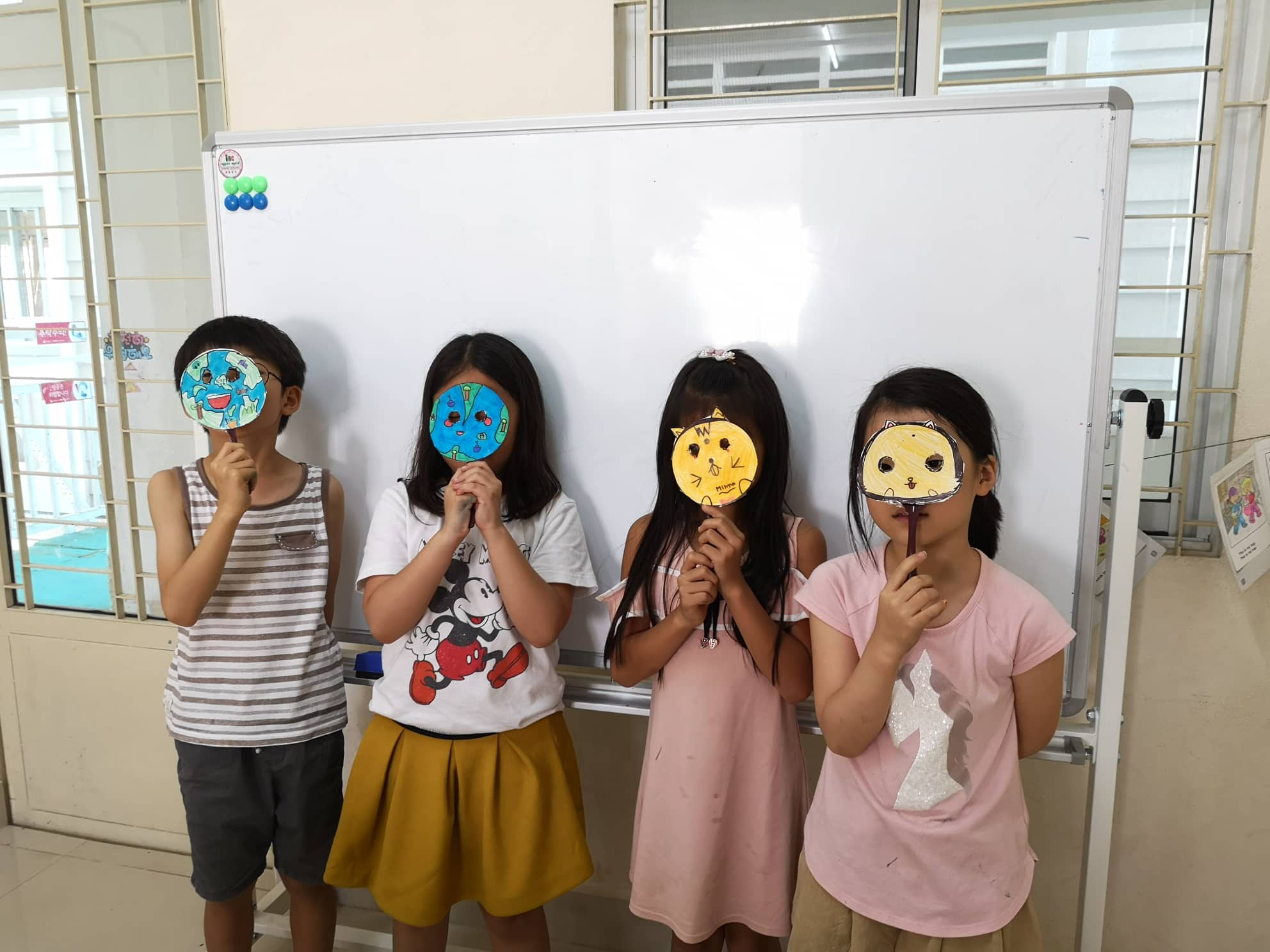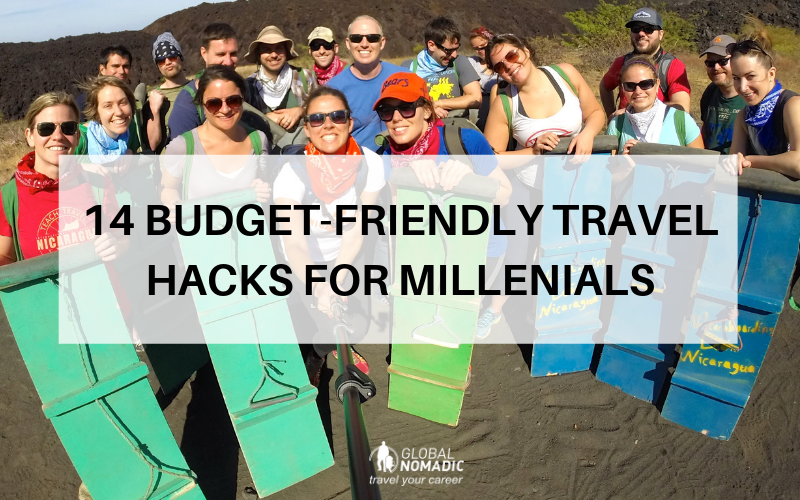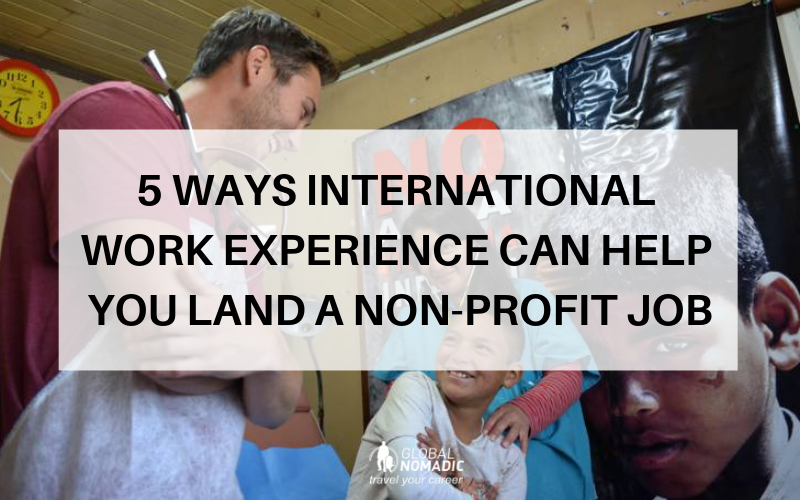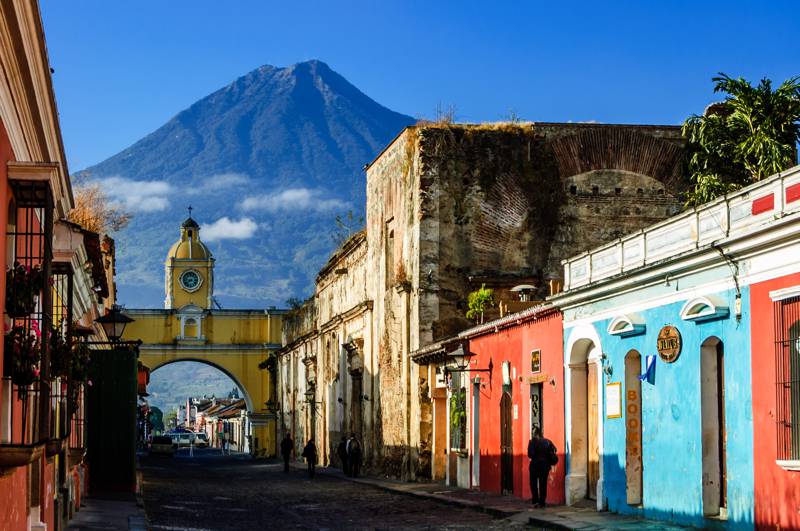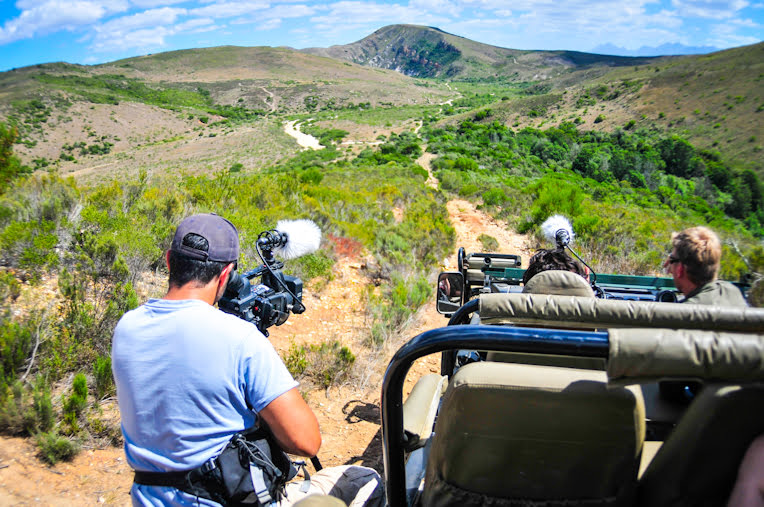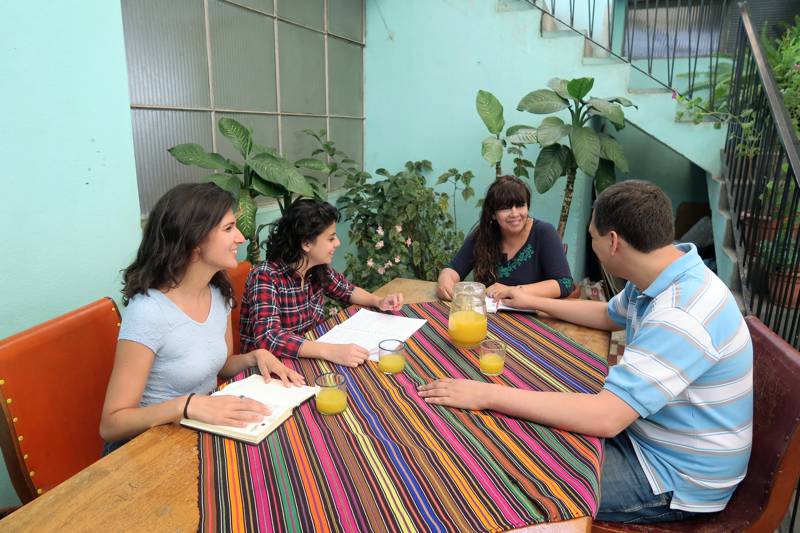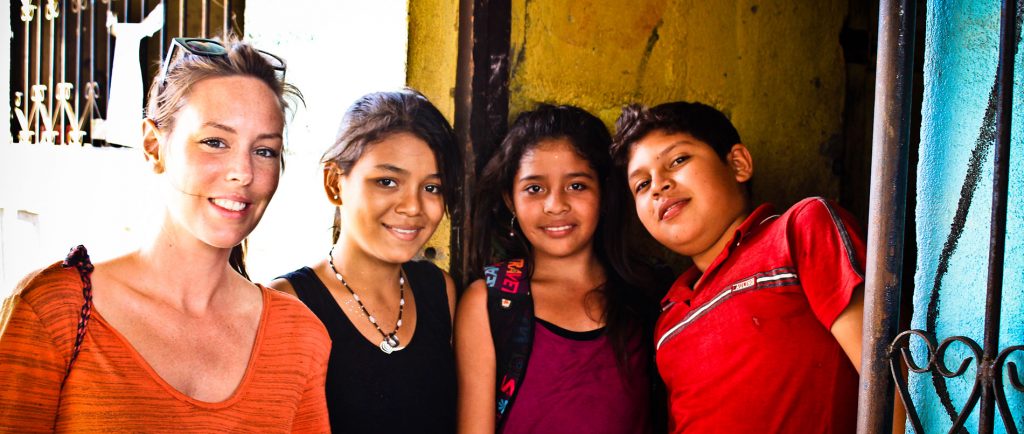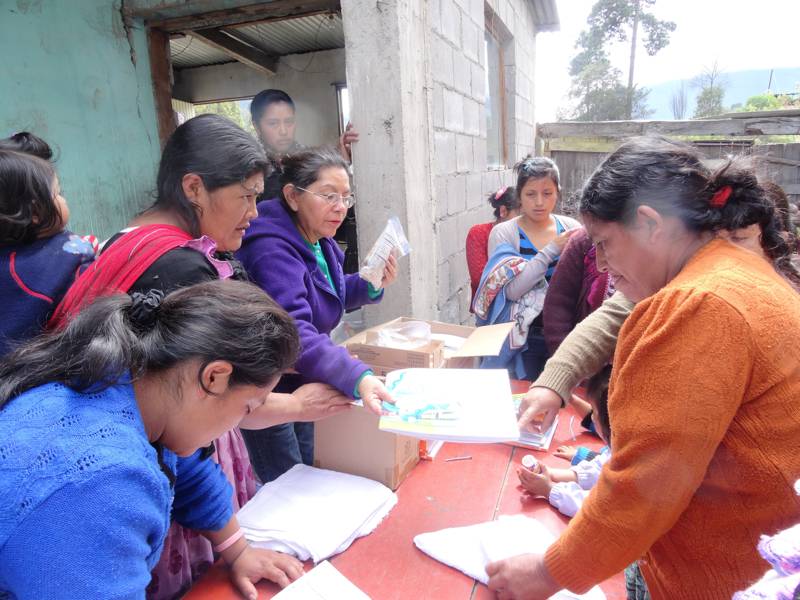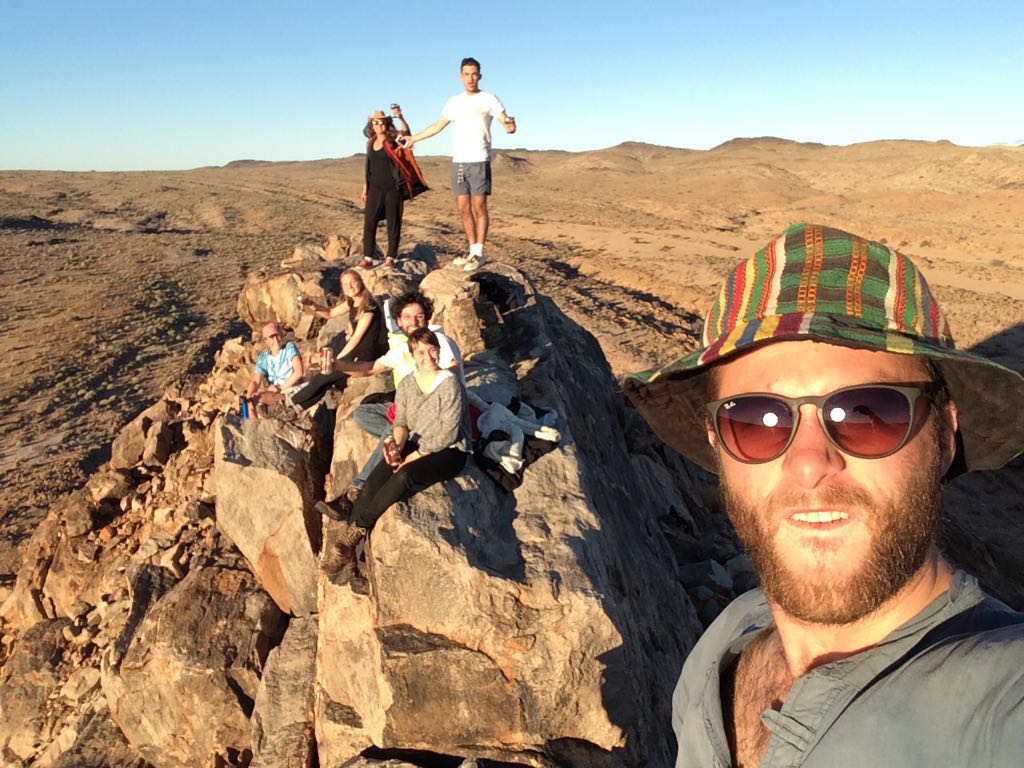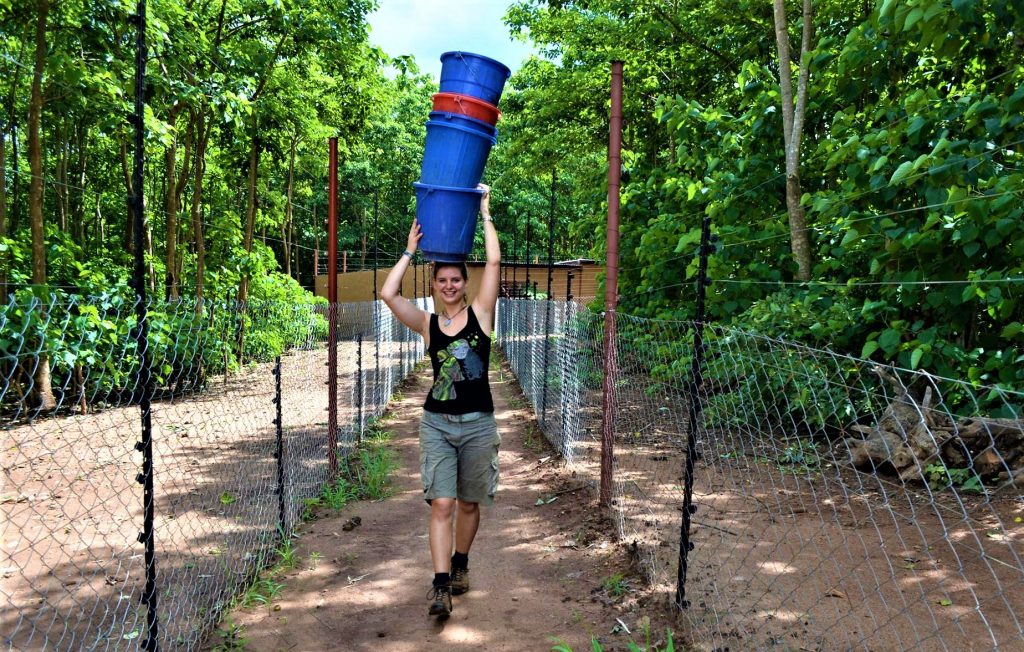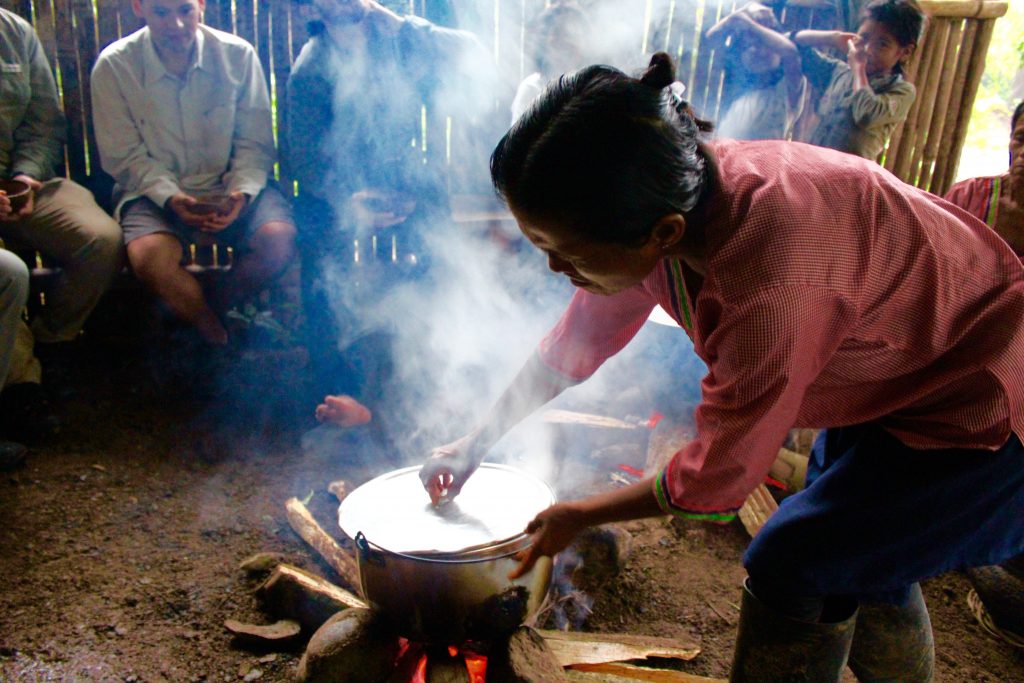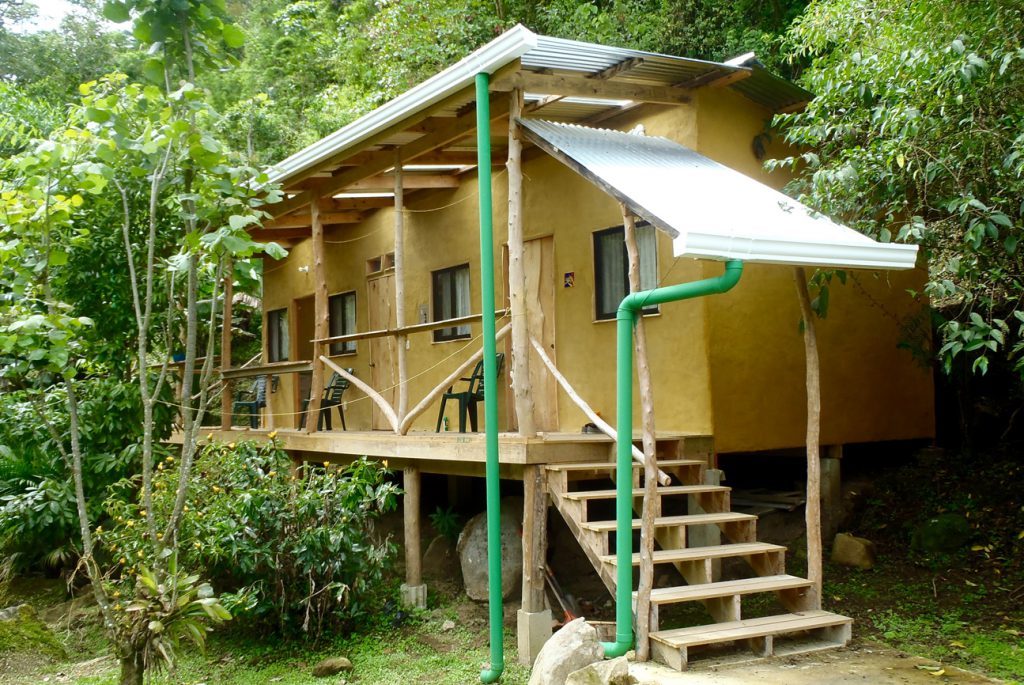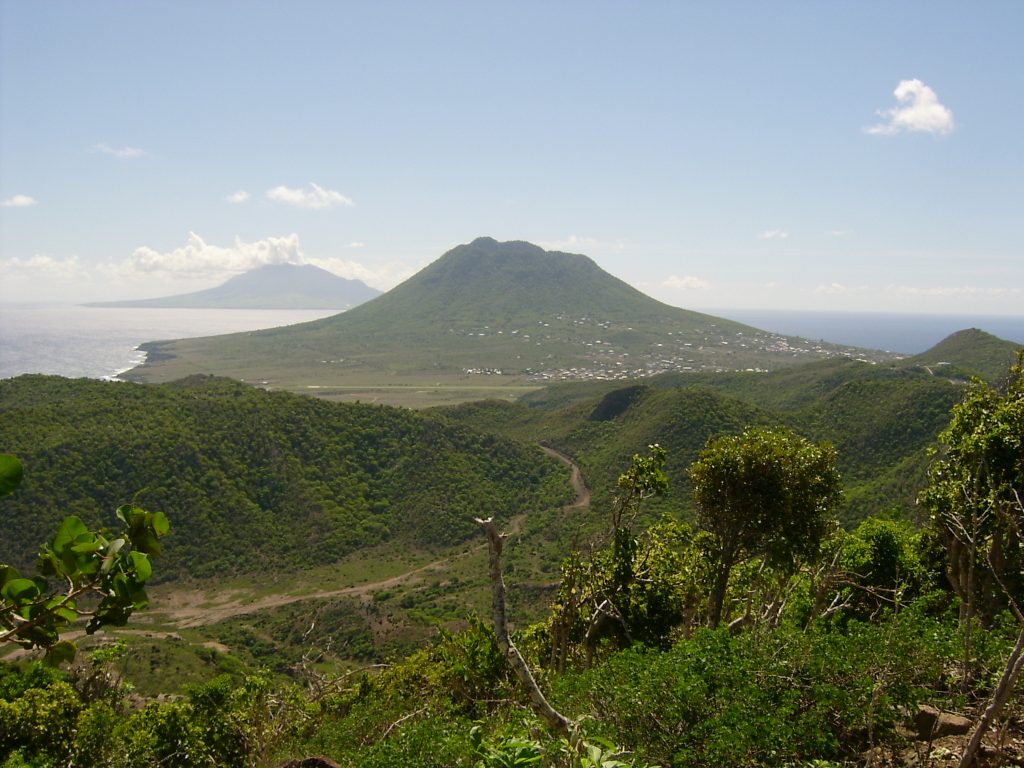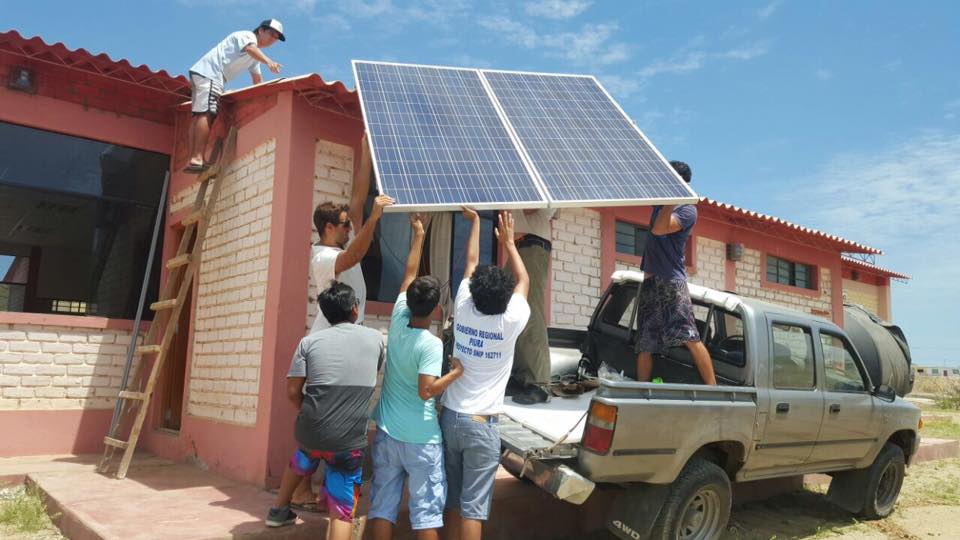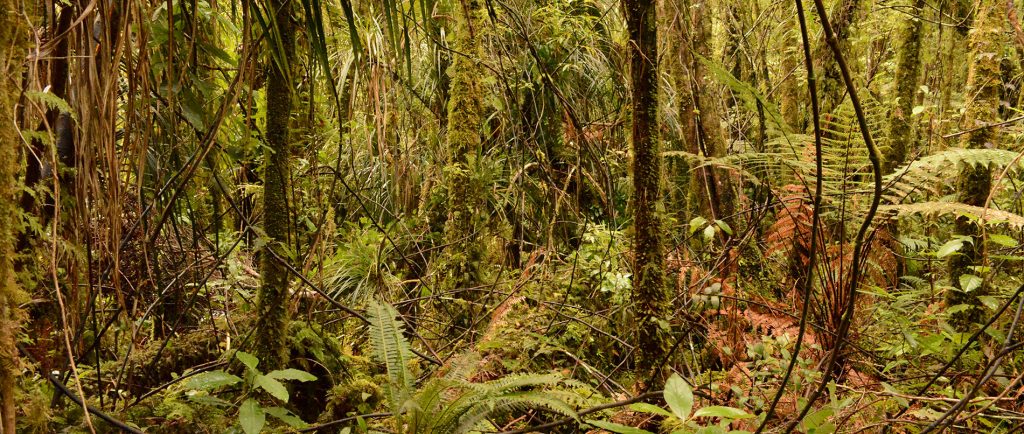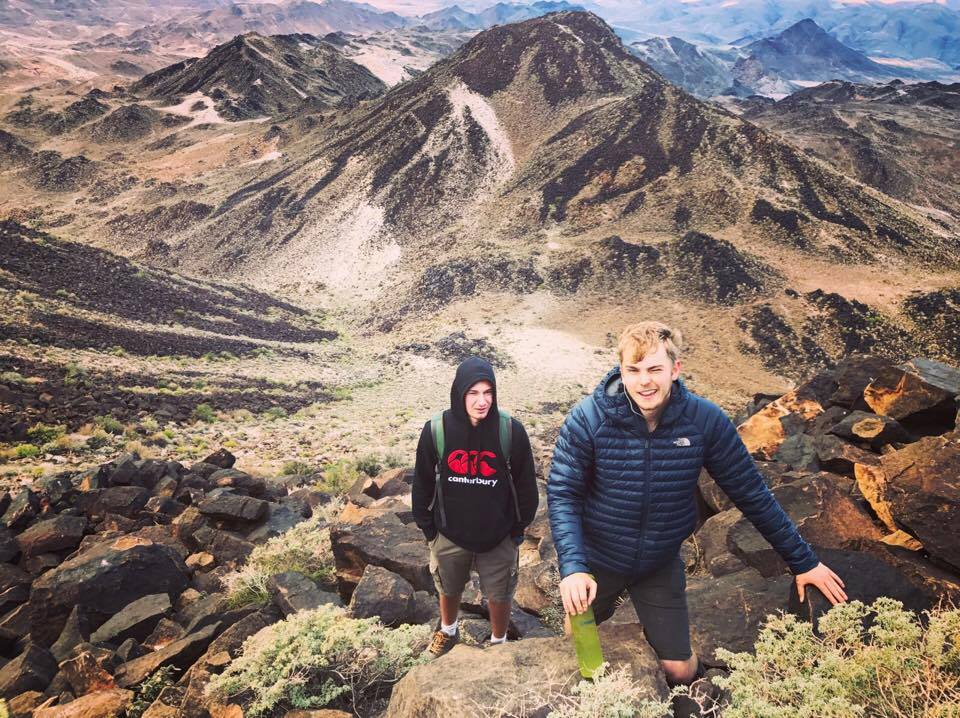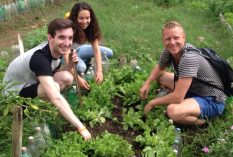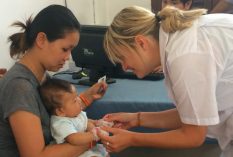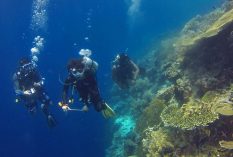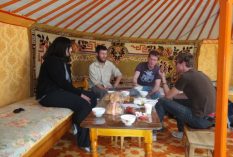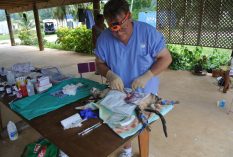Have you ever wondered what it would be like to live and work in another country? Maybe you’ve got European fantasies or dreams of exploring the rich culture of Asia. Each year, many men and women pursue these dreams through teaching abroad internship opportunities. Although popular among recent college graduates looking for a gap year before planting roots and settling into long-term careers, teaching abroad can be an excellent option for anyone with a thirst for adventure, a love for travel, and a passion for working with and helping others.
For most teach abroad programs, interested individuals are asked to apply for a teaching position within the country they are hoping to work in. If you are selected, many teach abroad programs will help match you to a teaching job in your chosen country. Most programs typically expect a yearlong commitment. Much like a local teacher, individuals who teach abroad are responsible for lesson planning, grading, and interacting and communicating with students and families.
If you are interested in teaching abroad or undecided about whether or not this amazing opportunity is right for you, here are a few important things to consider:
Gain some clarity by volunteering as an ESL tutor
You’re looking for an opportunity to work abroad but you’re not totally sure if teaching will be a good fit? A great way to test the waters and see if you’d enjoy spending a year or two as an English teacher is to volunteer as an ESL (English as a Second Language) tutor in a local school district. Schools are always looking for more individuals to support their ESL populations in learning the language. This opportunity is a relatively low time commitment and will give you valuable experience working with children and stretching your teaching muscles before committing to a full-time, year-long program.
TEFL Certification is a must!
Obtaining your TEFL (Teach English As A Foreign Language) certification is a requirement for most teach abroad positions. TEFL programs require 60+ hours of course and classroom work where you learn the ins and outs of managing a classroom and teaching English as a second language. There are many avenues for obtaining your TEFL certification. Some programs offer in-person classes, while others allow you to complete the coursework online. Global Nomadic offers TEFL certification as a part of our Teach Abroad + TEFL programs. This allows you to obtain the certification you will need while exploring exciting destinations such as the jungles of Costa Rica or the beautiful city of Prague.
How much money are you hoping to make?
While most teach abroad opportunities offer salaries to their teachers, the specific amount can vary greatly depending on the country. There are also a number of startup costs, such as the TEFL certification course and travel expenses. It is highly recommended to consider your budget prior to applying for different programs. Are simply hoping to cover your living expenses while teaching abroad? Or do you have student loans or other additional payments you’ll need to make on a monthly basis? How much weekend traveling and exploring are you hoping to do once you begin your program? Once determining your budget and how much money you actually need to make, you’ll have a better idea of which programs you should apply for.
Research many countries before choosing a program
Before selecting a particular program, take some time to look into several different countries and teaching opportunities. Each individual country and teaching program offers their own advantages, quirks, rules, and requirements. The International TEFL Academy offers country comparison charts that provide more information about the job markets in particular countries, VISA laws, average salaries and more. Choose the country and program that is the best fit for your needs.
Read your contract thoroughly…then read it again!
Before you sign your contract for a teach abroad position, make sure you read your contract carefully. Because you are contracting for a position in another country, there are many important details that you won’t typically see in a local contract. For example, is your program or new employer paying your travel expenses? If so, will they reimburse you or will they pay the upfront costs? Are you expected to find and secure your own housing or will you be living in community housing? The more carefully you read your contract, the better you will understand what exactly you are signing up for. This will likely result in greater satisfaction and appreciation of the whole teach abroad experience.
Connect with others
One of the best ways to prepare for your teaching abroad experience is to talk with others who have already done it. They can share valuable tips, such as what to pack, and other wisdom they learned through their experience and give you a better idea of what your typical day might look like. Not sure where to find people to connect with? Contact your program coordinator about an alumni network. Also, look for Facebook and other social media groups connecting TEFL teachers working in a particular country.
Brush up on English grammar rules
Most teach abroad opportunities are TEFL positions, meaning you’ll be teaching English as a second language. If English is your first language, you obviously know how to speak fluently, but do you remember all of the specific rules for sentence composition and punctuation? If you are like most adults, you probably haven’t reviewed the proper usage of a semicolon in quite some time. If you are going to effectively teach English to a group of children who are learning the language, it’s a good idea to review the basic rules and mechanics of the English language so you can truly be an “expert” when creating your lessons.
Teaching abroad is a once in a lifetime opportunity! There are few other programs or internships that allow you to so fully immerse yourself in another culture. If you think you’d like the opportunity to explore another country, learn another culture, and work with some incredible kids, click here to learn more about Global Nomadic’s teach abroad opportunities.
Other Resources:
https://greenhearttravel.org/blog/in-france/teaching-tips-tuesday-how-to-prepare-for-your-teach-abroad-experience-before-you-go
https://www.internationalteflacademy.com/blog/bid/112400/what-are-basic-start-up-costs-for-teaching-english-abroad

